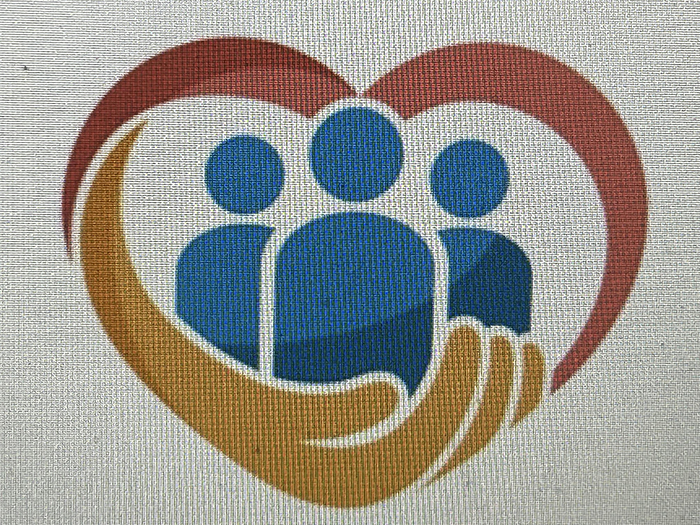County Human Services helps families in need
News | Published on July 31, 2023 at 3:15pm GMT+0000 | Author: Tucker Henderson
0Local agency provides over 27 different programs

The Otter Tail County Human Services department provides over 27 different programs to area residents.
By Tom Hintgen
Otter Tail County Correspondent
The mission of Otter Tail County Human Services is to provide an array of financial and social services to families and individuals to help maintain or enhance the quality of life for all persons served.
“Our agency staff directly provides over 27 different programs and we contract with many other agencies throughout the county to provide a variety of programs,” says County Human Services Director Deb Sjostrom who addressed the county board of commissioners on July 25.
Also speaking to the five county board members were supervisors in charge of social workers, financial workers, child support officers, case aides, office support staff and accounting technicians.
The Child Care Assistance Program (CCAP) provides financial assistance to help families with low incomes pay for child care in order for parents to pursue employment
or education leading to employment.
“We work to ensure that their children are well cared for and prepared to enter school ready to learn,” Sjostrom said.
Otter Tail County contracts with MAHUBE-OTWA Community Action Partnership to administer the CCAP. The number of families receiving child care assistance in Otter Tail County is 42 with 65 children receiving child care.
There are 18 families approved for CCAP who are experiencing challenges with finding child care openings. MAHUBE- OTWA has held child care provider informational meetings for providers to better understand CCAP to increase the number of providers who accept CCAP.
County involved with child protection
Otter Tail County Human Services employees work closely with Minnesota’s child protection system in responding to allegations of maltreatment and abuse. County employees also help support families to safely care for their children.
In 2022, Otter Tail County received 537 reports alleging child maltreatment or child welfare reports. There were 367 reports that were opened for assessment.
“The number of reports was an increase over 2021,” Sjostrom said. “As children have returned to school, following the pandemic, families are less isolated and schools and service providers are seeing children and families in person.”
Reports are screened based on the Minnesota child maltreatment guidelines. This comes under the umbrella of the state Department of Health and Human Services.
